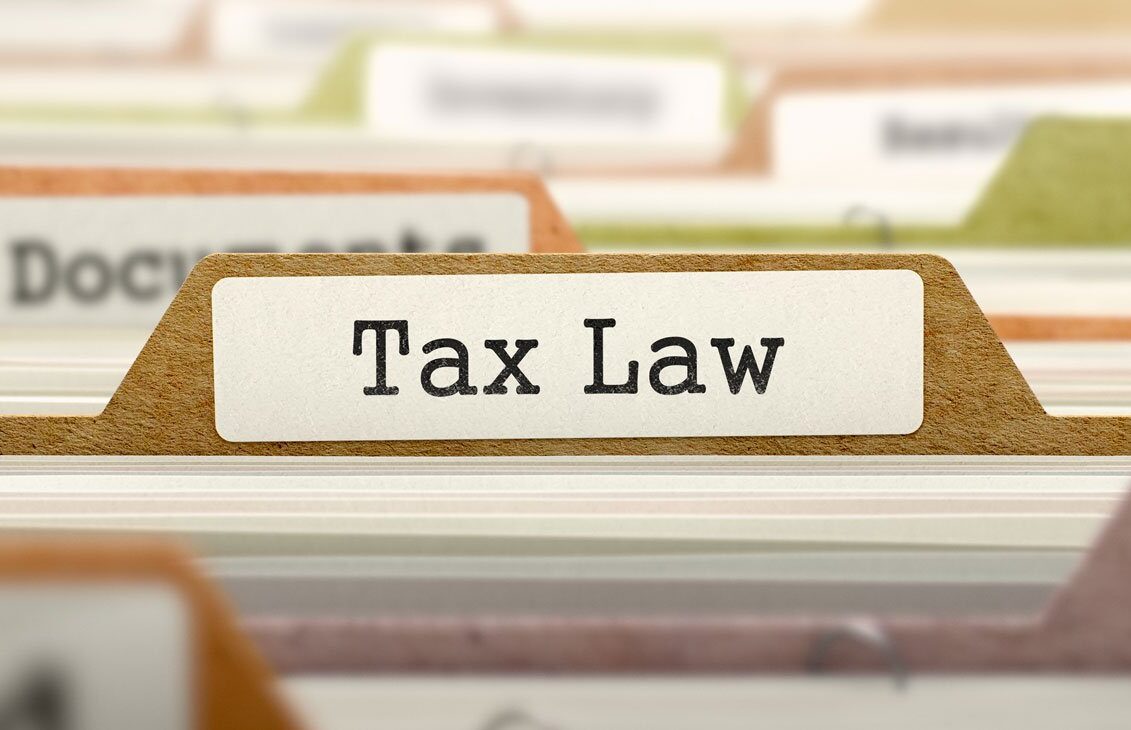In our December 28 and January 2 Slott Report articles, we focused mostly on the provisions of the new SECURE 2.0 law that apply to IRAs. But many of the law’s changes affect workplace plans, such as 401(k)s. Here’s a rundown of the most important plan changes:
RMDs for Roth 401(k)s.
A big difference between Roth IRAs and Roth plan accounts is that Roth IRA owners are not subject to RMDs. On the other hand, Roth 401(k) participants are. This will change beginning in 2024 when Roth 401(k) accounts also become exempt from RMDs.
Higher Catch-Up Contributions.
If you’re age 50 or older, your plan probably allows you to make catch-up contributions above the regular deferral limit. For example, in 2023, you can make an extra $7,500 on top of the regular $22,500 of deferrals. However, starting in 2025, employees aged 60, 61, 62, or 63 can make even higher catch-up contributions. The age 60-63 catch-up limit for 2025 will be 150% of the regular catch-up limit in effect for 2024. (Higher catch-ups will also be available for SIMPLE IRA participants.)
Mandatory Roth Catch-Up Contributions.
Starting in 2024, certain age-50-or-older plan participants who want to make catch-up contributions must make them as Roth contributions. Particularly, this rule applies to anyone with wages in excess of $145,000 (indexed for inflation) in the previous year. Additionally, this is assuming their plan has a Roth option. Because of the reference in the law to “wages,” it appears that self-employed individuals (who don’t have wages) can continue to make catch-ups on a pre-tax basis.
Roth Employer Contributions.
Up to now, plan employer contributions have always been made on a pre-tax basis. Effective immediately, SECURE 2.0 allows (but doesn’t require) plans to offer employees the option of having company contributions made to a Roth account. Subsequently, anyone choosing this option will pay income tax on the Roth contribution.
Matches on Student Debt.
Starting in 2024, SECURE 2.0 allows employers to make matching plan contributions on student loan repayments made by employees. This is optional.
Solo 401(k)s.
Currently, a self-employed person who wants to open a new solo 401(k) and make elective deferrals must establish the plan by December 31 of the plan’s first year. Under SECURE 2.0, sole proprietors now have until the due date (without extensions) of the individual’s tax return to open a new plan for the prior year. This applies to plans that start-up in 2023 or later.
Auto-Enrollment for New Plans.
Beginning in 2024, the law will require new company plans to automatically enroll employees in the plan – unless they choose to opt-out. However, contrary to certain news reports, these provisions don’t apply to existing plans.
Emergency Savings Accounts.
Another new option for employers is to offer lower-paid workers a special sub-account within the plan for emergency savings contributions made on a Roth basis. Lifetime employee contributions to these accounts have a limit of $2,500 (or a lower amount set by the employer). These contributions must be kept in safe investments. Additionally, there are loose distribution rules, including no 10% penalty for those under the age of 59 ½. Emergency savings accounts are available in 2024.
By Ian Berger, JD
IRA Analyst










